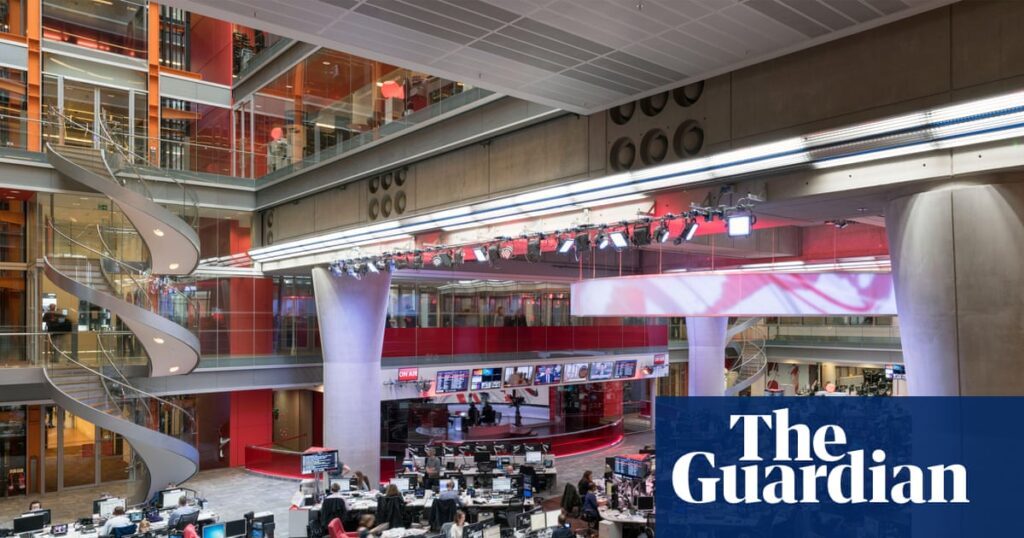BBC bosses are lobbying to use the UK’s defence budget to help pay for the embattled World Service, arguing that aspects of the service should qualify as vital for national security.
Senior executives at the corporation are in talks with officials over whether parts of the service, such as media monitoring and anti-disinformation, should count towards Britain’s security, as they attempt to avoid cuts of tens of millions of pounds.
The Guardian revealed in May that the government had asked the BBC to draw up budget plans up to £70m lower than what the service believes it needs, partly as a result of Keir Starmer’s decision to cut the aid budget.
Jonathan Munro, the head of the World Service, told an event at the Labour conference last week that he was looking to “spread the burden” of its funding across Whitehall.
“There are quite difficult rules about what counts as defence spending, but things that count as stability and conflict spending are now also built into that space,” he said.
Those close to the talks say the BBC is specifically asking for money from the defence budget, which has been raised in order to meet the prime minister’s promise of spending 2.5% of GDP on defence by 2027.
A BBC spokesperson said: “The BBC World Service delivers unparalleled UK cultural influence around the world, and as well as bringing economic benefits to the UK, plays an important role in national security and global stability.
“We are making the case to the Foreign Office about our funding and will continue our discussions with the government about the long-term future for the BBC World Service.”
The government pays for about a third of the World Service’s £400m funding, which comes from the Foreign Office budget, and 80% of which qualifies as overseas aid.
Starmer’s decision to cut the aid budget in half earlier this year has put much of that funding at risk, however, with ministers asking the World Service to draw up plans for cuts of up to 2% in cash terms per year.
BBC executives are hoping to ease the burden on the stretched Foreign Office budget by classifying some of its spending as national security. That would probably include its efforts to monitor foreign media and to put out information to counter propaganda from other countries.
The corporation is hoping to reach an agreement before the budget in November.
The World Service has already announced 130 job cuts earlier this year, as part of existing plans to save £6m.
The BBC is under acute financial pressure as the value of the licence fee has not kept pace with the dramatically rising costs of making television.
With Donald Trump defunding international media outlets like Voice of America, however, and Russia and China spending billions on their own external media operations, senior BBC executives want to see a huge expansion in the World Service’s audience.
Tim Davie, the broadcaster’s director general, has talked about doubling its audience to a billion people, rather than managing decline.
BBC executives want the government’s contribution to the service to increase to near £200m in the next settlement, as they continue to sell it as a weapon in the fight against misinformation. Both China and Russia have been targeting territories they see as open to an anti-west message.
In the settlement for 2025-26, government funding did increase, but only to £137m.
At a recent conference in Cambridge, Davie warned that “a lot seems at stake” in an increasingly dangerous and unpredictable world. He said: “What is the place of the UK on the world stage? Are western democracies able to deliver in the modern world?”
In the longer term, senior BBC figures have been seeking to reopen the decision arrived at in 2014 that saw the corporation take on the costs of the World Service. It was one of the measures made as part of the coalition government’s austerity drive.
That conversation is part of the wider talks about the renewal of the BBC’s charter, which is set to include a discussion about reforming the licence fee.
Such a reversal over the World Service’s funding seems unlikely, given the challenges the chancellor, Rachel Reeves, faces amid a worsening picture for the public finances.

